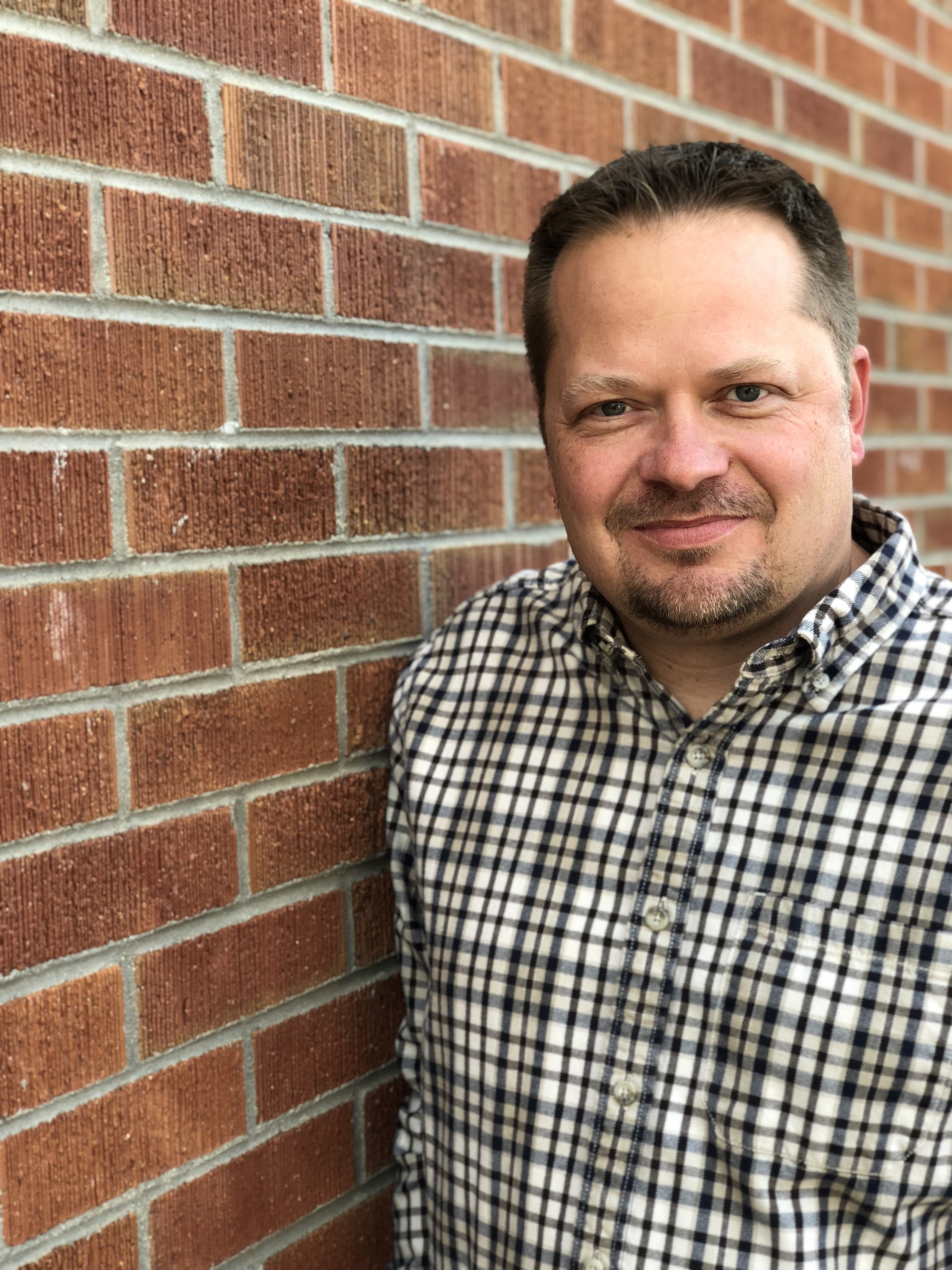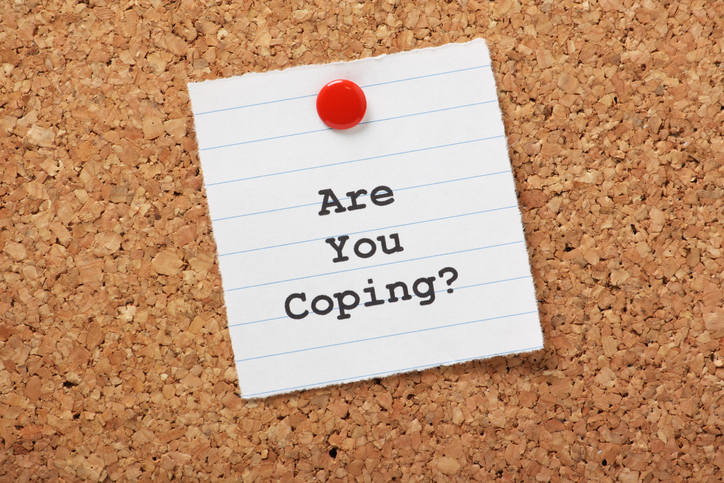“Coping mechanisms are the strategies people often use in the face of stress and/or trauma to help manage painful or difficult emotions. Coping mechanisms can help people adjust to stressful events while helping them maintain their emotional well-being.” – www.goodtherapy.org.
In short, they are anything that allows us to cope with reality. Situations and circumstances outside of ourselves create stress or anxiety. We choose things to help us cope with those unpleasant feelings or problems. We all have coping mechanisms. Some of them are acceptable (even positive), and some are not helpful at all and may even create more problems.
Negative Coping Mechanisms
No surprise, when we are facing a stressful situation we may choose to escape into some unhealthy behaviors. This is where most addictions fit into the equation. I had a challenging conversation with my boss, so I want to go get drunk. My spouse and I fought this morning, and now I want to watch pornography. I am struggling to make ends meet financially, so I am eating out of control.
In my own life, I was a very anxious child. Some of this was due to confusion surrounding my gender. I didn’t really feel like a boy, at least based upon what I saw other boys around me being like. I felt I could relate better to girls, but I didn’t feel like I was supposed to be a girl instead. Feeling like I was in a “gender limbo” place caused anxiety. More stress and confusion and pain came when I began to be targeted by bullies calling me names and treating me poorly. Added to all of that were some confusing sexual attractions and some damaging early sexual experiences with others of my same gender (some my age, some older).
I figured out pretty early on that there was a certain amount of pleasure and relief from anxiety that came from touching my genitals. I remember being especially preoccupied with my genitals even as early as age 5 or 6. In a life that had lots of unpleasant and painful experiences, having something that felt good caused me to gravitate there more and more. My life wasn’t all bad, by any means. But some things were hard, and I had found something that felt good and brought relief. Unbeknownst to my early self, I was developing a coping mechanism that followed me into adulthood and set the stage for sexual addiction.
Along the way, I picked up quite a few other coping strategies that have been unhelpful. Pornography furthered the intensity (and problems) that began with those early experiences with masturbation described above. As an adult, food has become a source of comfort, rather than nourishment. I remember one time in particular that food was an example. I had just left a tense conversation with a good friend. I felt certain that the friendship was over (it wasn’t). I went to the McDonald’s drive thru and got some fries. My whole body shuddered and relaxed at the first salty taste. Enjoying food isn’t the problem. Developing a pattern of using food to cope with uncomfortable feelings is.
The First Step to Recovery is Admitting You Have a Problem
As stated by many recovery groups, you cannot begin to change and heal until you are willing to face the fact that there is a problem. Is my drinking to the point of drunkenness really just an occasional thing or is it more than that? Am I ready to call my dabbling into pornography what it really is, an addiction? Maybe the way I eat seems like it isn’t a big deal, but my body is telling a different story.
Have any of your negative coping mechanisms come to mind while reading this? It can be helpful to analyze them a bit and try to understand them better. Here are a few questions to consider:
- What do I get out of using this coping mechanism?
- Which emotions or situations does this coping mechanism help me avoid?
- What re some things that trigger me wanting to use this coping mechanism?
- What are the consequences of using this?
- Which of my personal goals does this coping mechanism interfere with?
- How often am I using this coping mechanism?
- What would I prefer to be doing instead?
- What are my goals?
- Who can help me meet my goals? What resources might be helpful to me?
Great job doing the hard work of thinking through this. In my next article, I will address positive coping mechanisms. Coping isn’t necessarily a bad thing, but long-term avoidance is unhelpful. We will explore some ways to cope with pain and stress while still moving forward towards our goals.

Roger Jones
Executive Director
In the spring of 1995, the conflict Roger felt between his faith and his sexuality, as well as an addiction to pornography, led him to WGA. His personal journey has provided him unique insights into sexuality and the pain of adversity, which he shares through his testimony, facilitation of small groups, writing and public speaking.
Roger began working with WGA in October of 1996 as the Assistant office Manager. Since that time, he has worn many hats and served in several different positions, including Assistant Program Director and Operations Director. In April of 2007, Roger assumed the position of Executive Director.
Roger attended West Texas A&M University, where he studied Music Business. Much of his training has been “on the job,” where he was mentored by the ministry’s Founder, Mary Heathman, and the Program Director, Scott Kingry. He holds a BA from West Texas A&M University.
Roger, his wife Jill, and their daughter Julia and son William, attend Celebration Community Church where Jill serves as Senior Pastor.
Make a Difference in Someone's Life
If you enjoy reading WGA’s blogs and would like to show your support, please consider making a donation. Where Grace Abounds is a 501(c)3 non-profit organization. The majority of services, including support groups and discipleship counseling, are provided free of charge. Your financial gifts help to cover the costs associated with offering a free program to those who seek WGA’s services.

